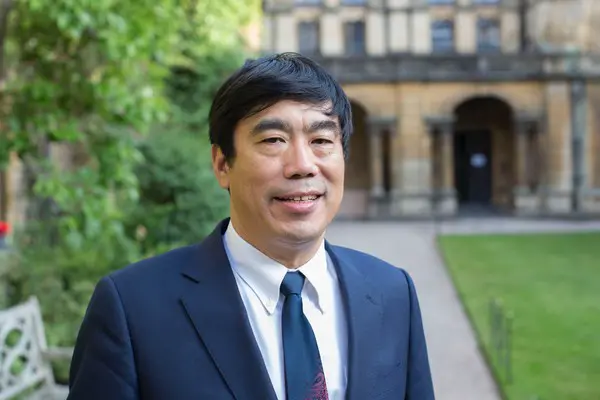Spring is a busy tea picking season in Longjing village in the West Lake area of Hangzhou.
Local residents usually dry freshly picked tea leaves right in front of their homes.
Like previous years, plenty of laborers from other villages come to help.
But Li Weiguo, a middle-aged Longjing villager, insists on stir-frying tea by himself.
SOUNDBITE (CHINESE) LI WEIGUO, Longjing Villager:
"See the blisters on my hand? I do all the stir-fry work on my own".
In tradition, farmers need to stir tea in a hot pan using bare hands.
SOUNDBITE (CHINESE) LI WEIGUO, Longjing Villager:
"We must stir the tea leaves well enough, and then put them to a pan to fry."
Tea frying is no easy job. It entails experience and skills.
SOUNDBITE (CHINESE) LI WEIGUO, Longjing Villager:
"I've already pricked these blisters, but they will come out again. During busy days, blisters are full of my hands."
Since the work is toilsome and low-paid, more and more Longjing villagers, especially younger generations, would rather do something else in cities.
Senior villagers don't want their children to follow their steps, either.
SOUNDBITE (CHINESE) LI WEIGUO, Longjing Villager:
"If we can't profit from tea planting, what do we live on? Our children need to earn a living. Tea farmers only get very small profits. Our benefits need to be improved".
Labor outflow has left the tea frying craft in a dilemma: lack of successors.
SOUNDBITE (CHINESE) LI WEIGUO, Longjing Villager:
"I'm in my forties now. In the village, few people younger than me master the tea craft. The technique may disappear in the future. When I'm in my seventies and too old to stir, is there anyone in the village who can do the job?"
Li's neighbor Ms. Gao is also aware of severe situation, but she remains optimistic.
SOUNDBITE (CHINESE) MS GAO, Longjing Villager:
"I've thought about it. My children won't go out if living conditions here are better. Longjing tea has a history of hundreds of years. Even Emperor Qianlong in Qing Dynasty took a sip. I believe people will inherit the technique and the culture".
Longjing village has 800 residents, most of who are elder people.
To protect the traditional tea craft is in urgent need, but more importantly - to let Longjing villagers really benefit from the treasure tea planting.
 简体中文
简体中文

